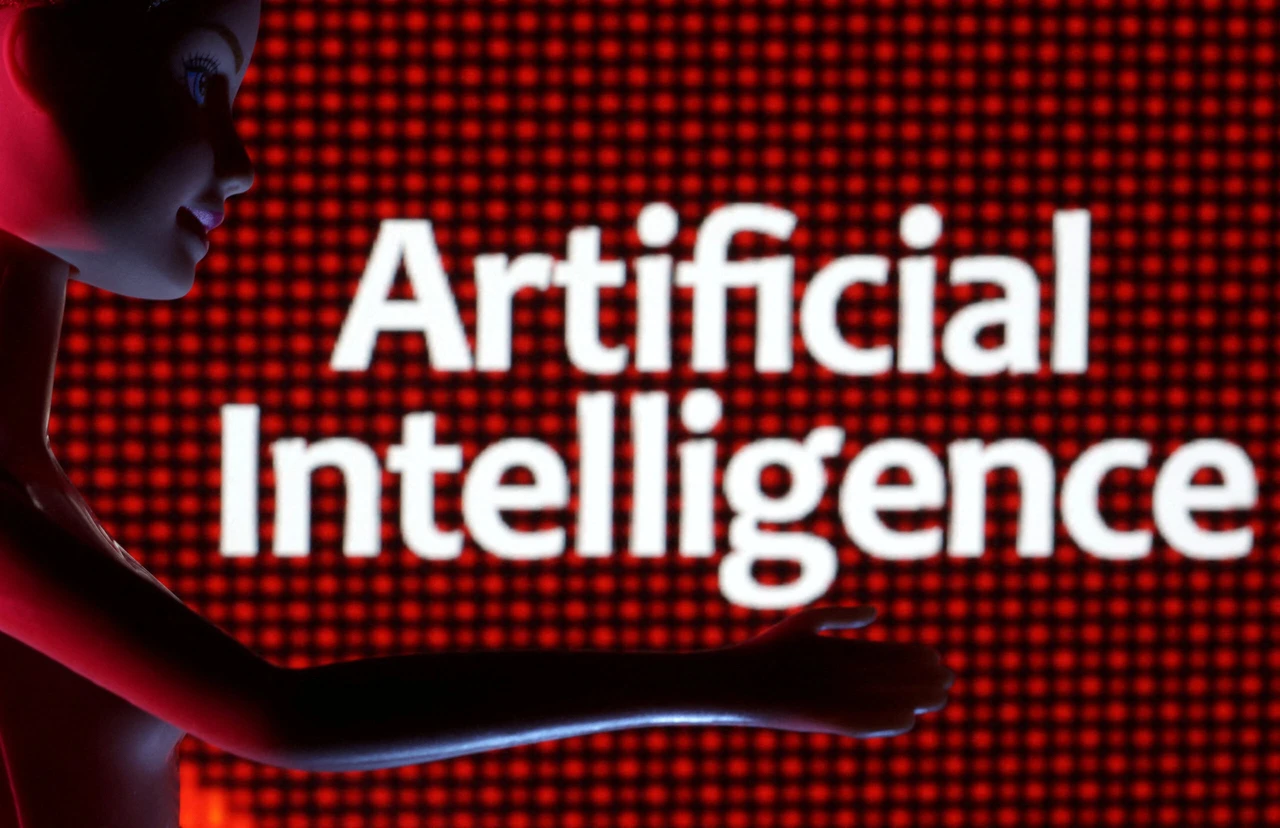AI could revolutionize tech, but pose cybersecurity risks, S&P Global warns
 Artificial Intelligence words are seen in this illustration taken March 31, 2023. (Reuters Photo)
Artificial Intelligence words are seen in this illustration taken March 31, 2023. (Reuters Photo)
Quantum computing combined with artificial intelligence (AI) could reshape industries with unprecedented computational power, but it also brings significant cybersecurity and privacy risks, S&P Global warned in a report released Tuesday.
“AI and quantum computing each offer foundations for new technologies and applications that are capable of redefining the boundaries of computational possibility,” the ratings and analytics agency stated. “Yet it is the combination of AI’s ability to synthesize results from vast amounts of data and quantum’s supercharged computing power that promises to be truly revolutionary.”
S&P Global highlighted the potential impact of these emerging technologies across sectors such as health care, where quantum AI could accelerate drug discovery, and energy production, where optimization could drive sustainability efforts. The combination of AI and quantum computing could also significantly advance cybersecurity by detecting and mitigating threats in real time.
However, the report also warned of the risks. Quantum computing has the potential to break current encryption methods, which could lead to new vulnerabilities in digital security. While it could enable the creation of quantum-resistant encryption techniques, there remains concern that the ability to process vast amounts of data at unprecedented speeds could lead to privacy breaches and identity theft.
“As these systems are combined and develop, so will their ability to infer sensitive information from seemingly innocuous data,” S&P Global said. This could potentially expose individuals and companies to increased risks of privacy violations.
Despite the potential advancements, the report noted that these technologies are still in their early stages and expertise in the field remains limited to a small number of individuals and institutions. The development of quantum AI will require specialized human talent, as well as new hardware and algorithms.
For now, widespread commercial adoption of quantum AI is not expected within the next decade, with the report concluding that the technology will remain “the preserve of well-funded institutions” for the foreseeable future.



